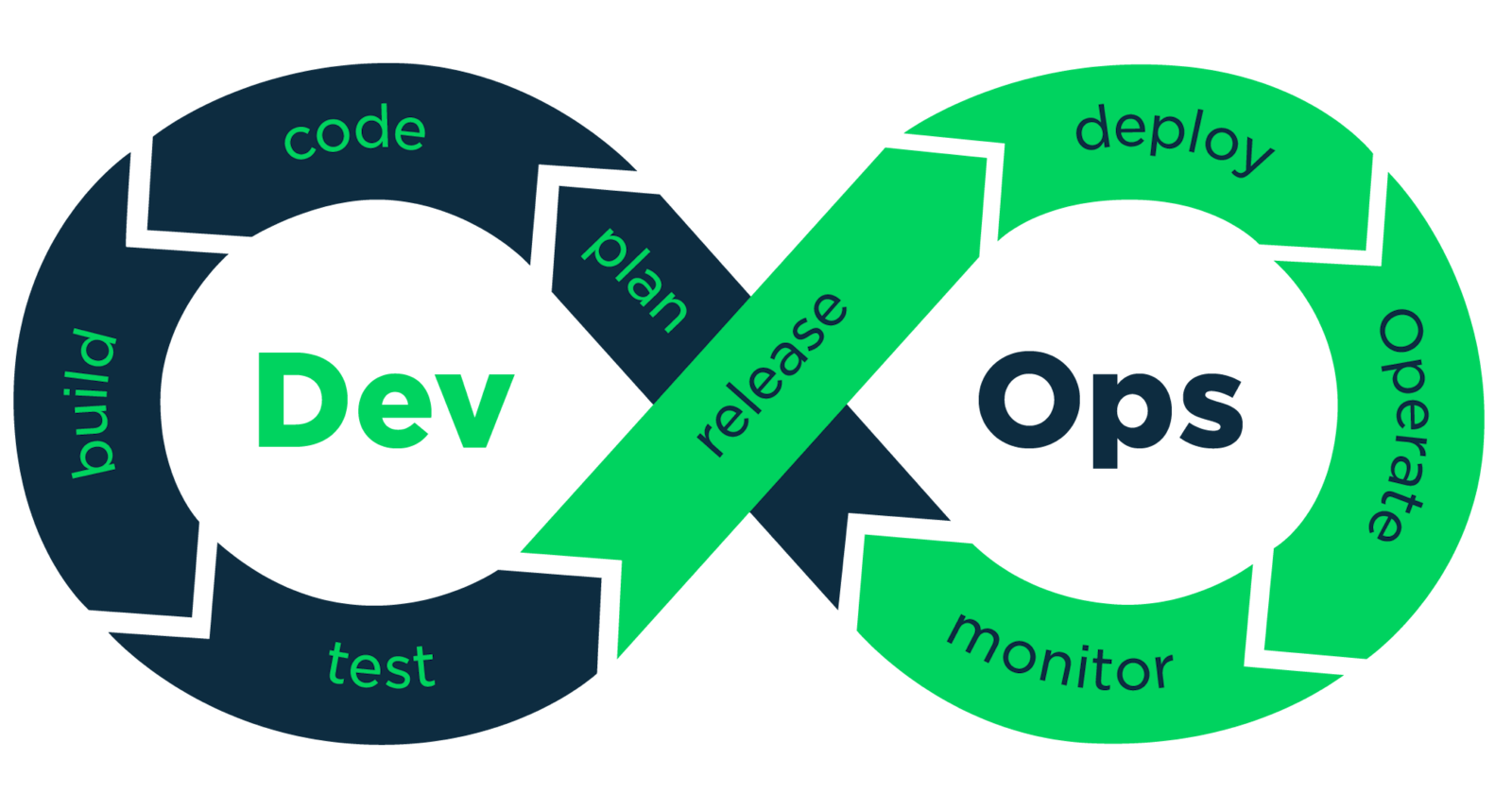What is DevOps?
DevOps stands for Dev – Development and Ops – Operation.
DevOps is the combination of practices and tools designed to increase an organization's ability to deliver applications and services faster than traditional software development processes.
What is Automation, Scaling and Infrastructure?
Automation:
Automation is the use of technology to perform tasks where human input is minimized.
Automation in DevOps is the practice of using tools, scripts, or software to perform repetitive tasks automatically. These tasks can include building and deploying software, managing servers, monitoring systems, and more
Scaling:
Scaling in DevOps refers to the ability of a system, application, or infrastructure to handle an increasing amount of work or demand as it grows in size or complexity. The primary goal of scaling is to ensure that the system remains performant, reliable, and responsive even under high loads and increased user traffic.
Infrastructure as Code (IaC):
Infrastructure as Code (IaC) is a fundamental concept in DevOps that treats infrastructure provisioning, configuration, and management as code. It allows teams to define infrastructure using scripts or configurations, providing a consistent and reproducible environment throughout the software development lifecycle.
Importance of DevOps
🤝 Collaboration and Communication: DevOps breaks down barriers between teams, fostering collaboration, and improving communication. This promotes faster issue resolution, reduces misunderstandings, and enhances overall efficiency.
⏩ Speed and Agility: DevOps automation and continuous delivery practices enable businesses to release software updates quickly and frequently. This agility allows companies to respond rapidly to market demands, stay competitive, and deliver value to customers in a timely manner.
⚖️ Stability and Reliability: DevOps emphasizes automation, monitoring, and standardized processes, resulting in more stable and reliable software systems. Continuous monitoring helps identify and address issues proactively, minimizing downtime and ensuring a positive user experience.
📈 Scalability and Flexibility: DevOps enables organizations to scale applications and infrastructure seamlessly. This flexibility allows businesses to handle varying workloads, adapt to changing demands, and meet the needs of a growing user base effectively.
